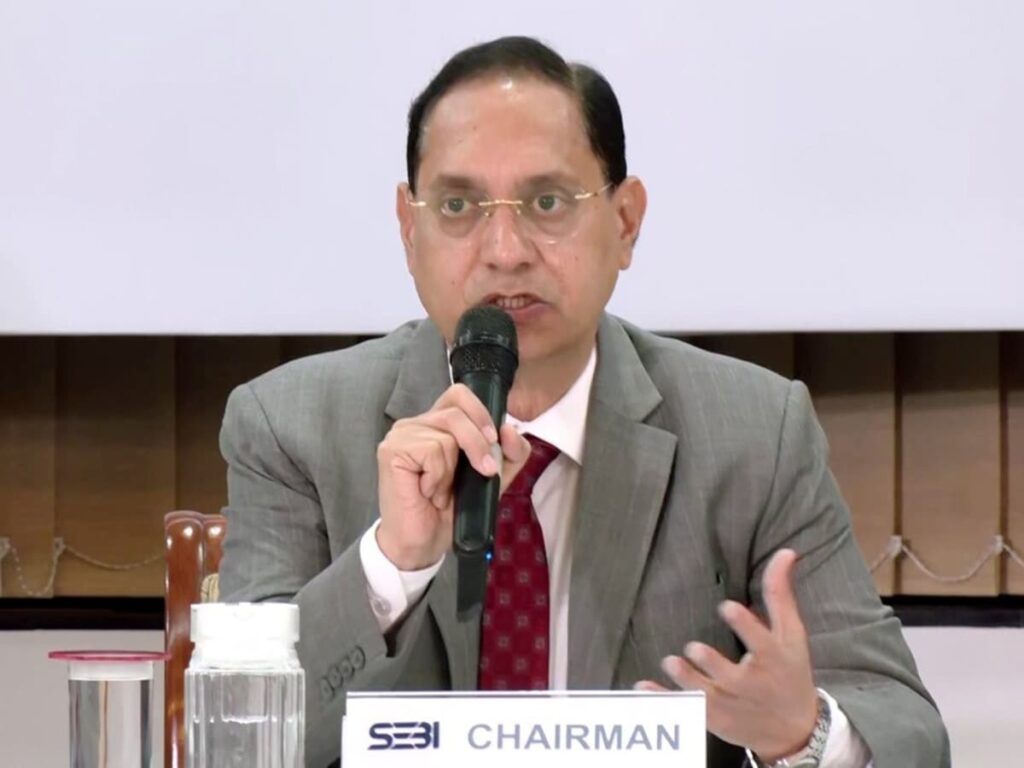Recently, a significant meeting was held by the Board of Directors of the Securities and Exchange Board of India (SEBI), where several crucial proposals were approved. These decisions have far-reaching implications, ranging from the de-listing of Public Sector Undertakings (PSUs) to the regulations concerning the Initial Public Offerings (IPOs) of startups. Let’s delve into the details of these key proposals and their potential impacts on the Indian financial landscape.
Key Proposals Approved by SEBI
De-listing of Public Sector Undertakings (PSUs)
One of the major proposals discussed was the de-listing of several PSUs. The rationale behind this move is to enhance market efficiency and promote privatization. The de-listing process aims to streamline operations and encourage these entities to operate more competitively in the private sector.
Regulations for Startup IPOs
SEBI has also laid out new regulations regarding the IPOs of startups. This initiative aims to provide easier access to capital for innovative companies while ensuring investor protection. The core aspects of these regulations include:
| Aspect | Description |
|---|---|
| Eligibility Criteria | Startups must meet specific guidelines to qualify for IPOs, focusing on revenue benchmarks and operational history. |
| Investor Protections | Enhanced disclosure norms will safeguard investors by ensuring transparency regarding the startup’s business model and financial health. |
| Market Rollout | Startups can approach both domestic and international markets for listing to broaden their investor base. |
Impact on the Indian Economy
The approval of these proposals is expected to significantly impact the Indian economy. The de-listing of PSUs could lead to more efficient resource allocation in the economy, while the facilitation of startup IPOs may spur innovation and attract foreign investments. This, in turn, can support the growth of the MSME sector, which is crucial for employment generation and economic development.
Conclusion
In summary, the decisions made during the SEBI Board meeting reflect a strategic shift towards enhancing market dynamics in India. The focus on de-listing PSUs and easing IPO regulations for startups is likely to foster a more competitive environment, ultimately benefiting investors and the economy at large. As these policies come into effect, it will be essential to monitor their implementation and impact on various sectors.
